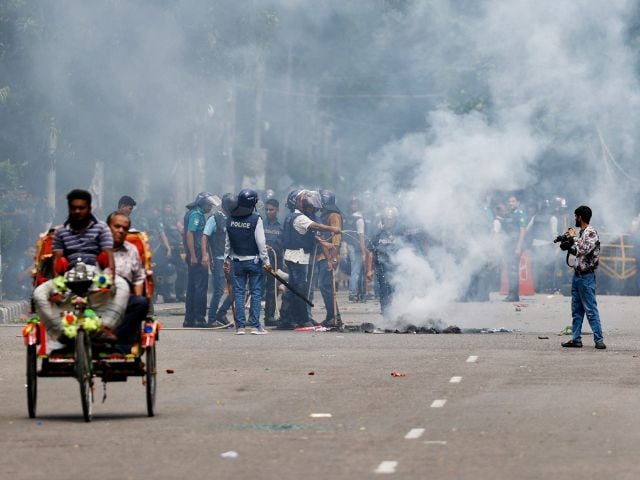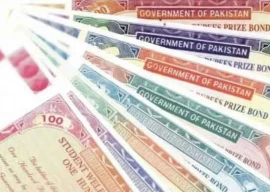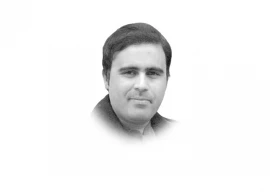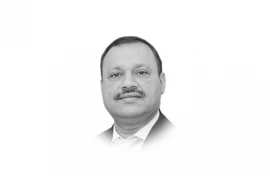
A new report by the United Nations Human Rights Office has detailed the brutal repression of student-led protests in Bangladesh last year, accusing the former government of Sheikh Hasina and security forces of widespread human rights violations that could amount to crimes against humanity.
The report found that between July and August 2024, as many as 1,400 people were killed, with thousands more injured, the majority of whom were shot by security forces. Among the victims, the report noted that 12-13% were children. The UN investigators revealed evidence that the violence was part of a deliberate and coordinated strategy by the former government to maintain power amid mass opposition.
“The brutal response was a calculated and well-coordinated strategy by the former Government to hold onto power in the face of mass opposition,” said UN Human Rights Chief Volker Turk. “There are reasonable grounds to believe that hundreds of extrajudicial killings, extensive arbitrary arrests, and torture were carried out with the knowledge, coordination, and direction of political leadership and senior security officials as part of a strategy to suppress the protests.”
{{PDF}}
The protests were ignited by a controversial decision by the High Court to reinstate a quota system for public service jobs. This move, which disproportionately affected students from underprivileged backgrounds, sparked widespread anger and led to a larger movement that aimed to oust Hasina’s government. However, the protests quickly evolved into a broader outcry against perceived corruption, economic inequality, and political repression, with demonstrators demanding significant political reforms.
According to the UN report, security forces deployed extreme violence to quash the protests, including the use of live ammunition. The report documents incidents of deliberate killings, such as the case of Abu Sayed, a protester who was filmed shouting "shoot me" before being killed by police. Forensic evidence confirmed that Sayed had been shot multiple times at close range.
Women, especially protest leaders, were particularly targeted, facing arbitrary arrests, sexual violence, and physical assault in an effort to deter them from participating. In addition, children were not spared, with some young protesters killed by gunfire or by the indiscriminate use of metal pellets. One particularly tragic case documented in the report involved a 12-year-old protester who died from internal bleeding caused by over 200 pellets fired by police.
The UN report also highlighted the obstruction of medical care for injured protesters. Security forces were found to have interrogated injured protesters in hospitals, seized hospital CCTV footage, and intimidated medical staff, likely in an attempt to suppress evidence of the extent of the violence.
Furthermore, as the protests intensified, the former government increasingly lost control of the country, resulting in a rise in retaliatory violence. Members of the Awami League party, the ruling party, as well as security personnel, were targeted by violent mobs. Minority groups, including Hindus, Ahmadiyya Muslims, and indigenous communities in the Chittagong Hill Tracts, also suffered violence, with many of the perpetrators remaining unpunished.
The UN report urges the Bangladesh government to confront the atrocities of last year, stressing the need for a national process of truth-telling, healing, and accountability. The report calls for urgent reforms in the security and justice sectors, including the abolition of repressive laws that have been used to silence dissent.
“The best way forward for Bangladesh is to face the horrific wrongs committed during this period,” said Turk. “Accountability and justice are essential for national healing and for the future of Bangladesh.”
In response to the report, the interim government, led by Chief Advisor Mohammed Yunus, has expressed willingness to cooperate with international calls for justice, pledging to make necessary reforms. However, the situation remains tense as Bangladesh continues to grapple with the legacy of last year’s violent crackdown.

























COMMENTS
Comments are moderated and generally will be posted if they are on-topic and not abusive.
For more information, please see our Comments FAQ